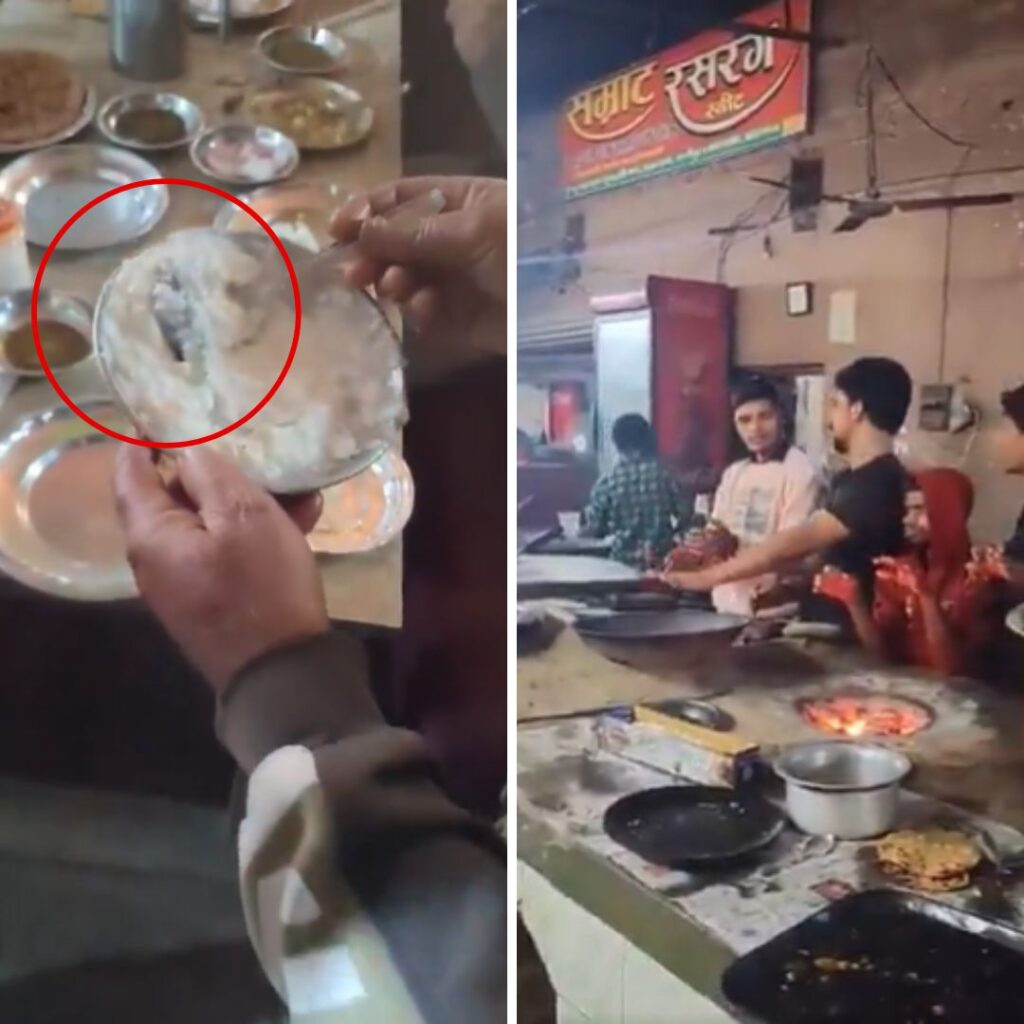The Lebanese police resorted to tear gas to control the protesters during the second consecutive day of anti-government demonstrations following last week’s devastating explosion in Beirut,
The Lebanese police fired tear gas to try to disperse the protestors blocking a road near parliament in Beirut on Sunday, August 9.
According to TV footages, a fire broke out at an entrance to Parliament Square as demonstrators tried to break into a cordoned-off area. Furthermore, protestors also broke into the housing and transport ministry offices.
According to an Al Jazeera report, nine members of parliament and two ministers have resigned from their position so far, following the protests. On Sunday, Manal Abdel Samad, the information minister, and Damianos Kattar, the environment minister resigned from their posts after the government came under tremendous pressure following the explosion.
BREAKING VIDEO: As street medics try to revive an unconscious protester, police continue to rain tear gas on demonstrators in #Beirut. pic.twitter.com/hP2T9Tclfh
— Sir Helix Unknown ☂️ ➐ (@SirHelixUnknown) August 8, 2020
About 2,750 tonnes of ammonium nitrate, stored in the Beirut port warehouse, exploded on Tuesday, August 4, devastating the Lebanese capital. As many as 160 people were killed and over 6,000 were injured in the blast. Early investigations cited negligence for the explosion at the Beirut port.
The impact of the twin explosions was such that buildings located in other parts of the city, including Ashrafieh, Gemmayzeh, Mar Michael, Jnah and Ras Beirut, were partly destroyed. Over a quarter of a million residents in the city were left with homes unfit to live in.
The devastating blast occurred amid months of political and economic collapse in the city, resulting in furious calls for the government to quit.
As thousands converged on Parliament Square and nearby Martyrs’ Square, the police, clad in body armour and carrying batons, clashed with the stone-throwing protestors. The protesters were furious over the government’s failure to prevent the explosion. As many as 700 protesters were injured in clashes with the police on Saturday.
‘All the ministries will return to the people.’ (not my video)#سبت_الإنتقام#سبت_الغضب pic.twitter.com/uSrhayXud5
— Lara Bitar (@LaraJBitar) August 8, 2020
‘We gave these leaders so many chances to help us and they always failed. We want them all out, especially Hezbollah, because it’s a militia and just intimidates people with its weapons,’ Walid Jamal, an unemployed demonstrator, told Reuters. The demonstrator was referring to the country’s most influential armed grouping which is backed by Iran and has ministered in the government.
‘The resignation of an MP or a minister is not enough … the whole government should resign as it is unable to help the country recover,’ Patriarch Bechara Boutros al-Rai, the country’s top Christian Maronite cleric said, adding that the cabinet should resign as it cannot ‘change the way it governs’.
On Sunday, Manal Abdel Samad quit her post, marking the first government resignation since the explosion last week.
Apologising to the Lebanese public for failing them, Samad said in a statement, ‘After the enormous Beirut catastrophe, I announce my resignation from government.’
Following Samad’s resignation, the environment minister, Damianos Kattar also resigned, who, in a statement, said that he was leaving in solidarity with the victims and the government had lost a number of opportunities to reform.
Lebanese PM Hassan Diab, meanwhile, said that he would ask for early elections as a way out of the crisis.
‘We can’t exit the country’s structural crisis without holding early parliamentary elections,’ he said in a televised address.
Meanwhile, French President Emmanuel Macron’s office said on Sunday an emergency donor conference for Lebanon raised pledges worth nearly €253 million ($298 million) for humanitarian relief.
‘We must all work together to ensure that neither violence nor chaos prevails. It is the future of Lebanon that is at stake. We have to act quickly, and this aid has to go directly to the people who need it on the ground,’ Macron said.
A statement from the conference released late on Sunday said: ‘Further to emergency assistance, partners stand ready to support the economic and financial recovery of Lebanon, which requires, as part of a stabilization strategy, that Lebanese authorities fully commit themselves to timely measures and reforms expected by the Lebanese people.’
‘In these horrendous times, Lebanon is not alone. Assistance for an impartial, credible and independent inquiry on the explosion of 4 August is immediately needed and available, upon request of Lebanon,’ the statement added.
However, Michel Aoun, the Lebanese president, had earlier said the calls for an international probe was as an attempt to ‘stall the investigation’.
Meanwhile, the Norwegian Refugee Council said that humanitarian funding was needed immediately.
‘The one thing we shouldn’t forget…











